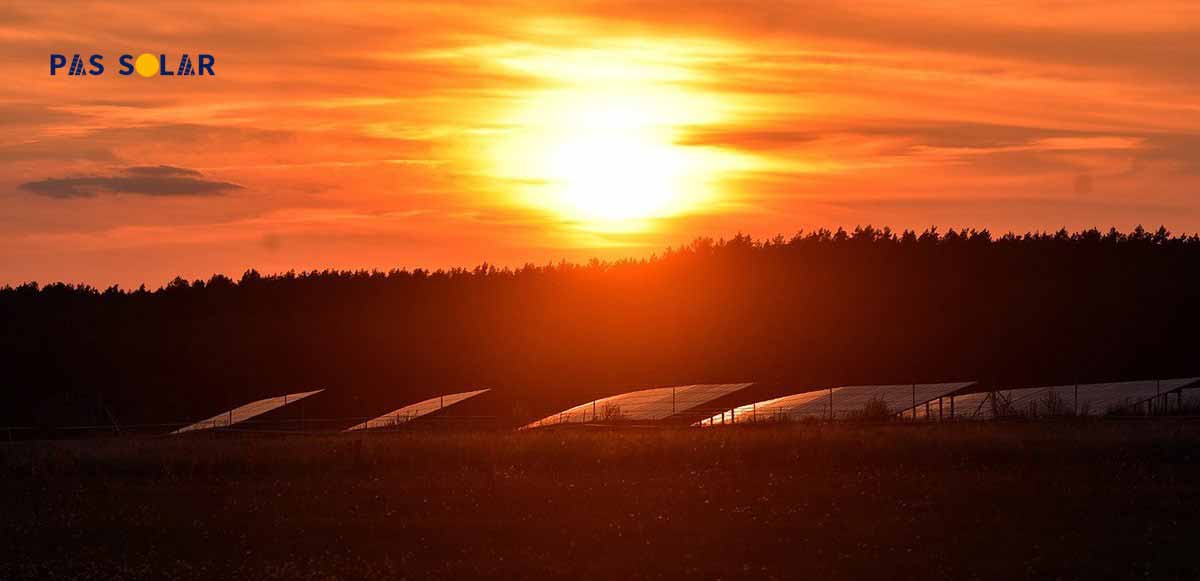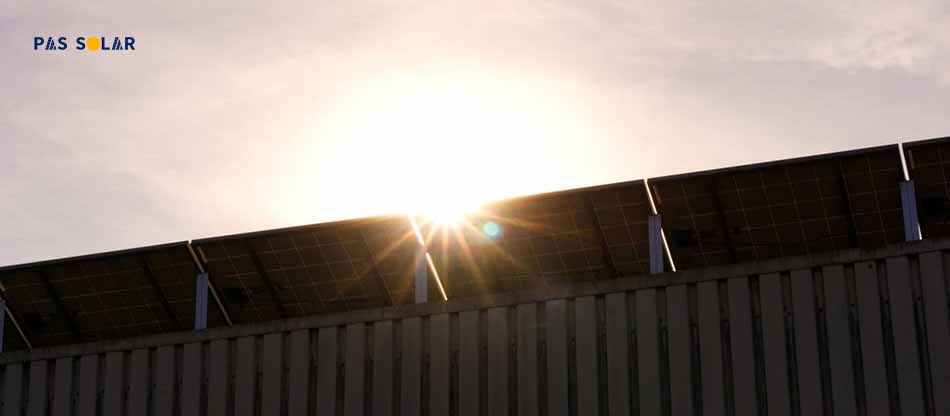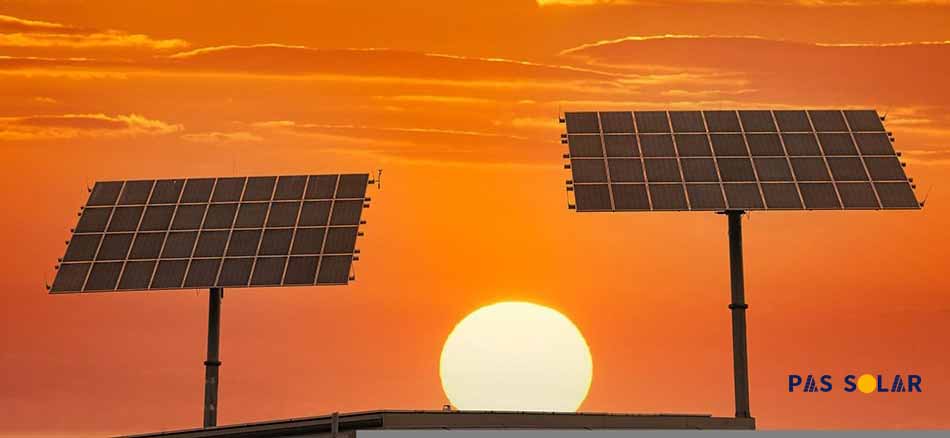If you ask most people, they would probably agree that placing a set of solar panels in the warmest parts of the world that receive the most sunlight is the best way to generate the most energy but it would result in solar panels getting too hot. Although a lot of sunlight is ideal for generating a lot of power using photovoltaic panels, too much heat can be bad. Visit solar panel for sale in UAE in our website.
If photovoltaic panels get too hot, they may overheat. Once a solar panel overheats, its efficiency drops dramatically, causing it to lose a lot of the energy it would otherwise get from the sun. But the important question is, what happens when solar panels get too hot? Can solar panels catch on fire?
Table of Contents
ToggleDo your solar panels get too hot?
And, if so, why? When we think of sunlight, we often think of two main factors; heat and light. These factors are very much at play when it comes to designing and installing a solar panel array manufactured to harness solar energy in the most efficient way possible.
The light component of sunlight is essentially what a photovoltaic panel is designed to capture and used to produce electrical power. Meanwhile, the heating element from sunlight can be detrimental to this process because it can lead to solar panels getting too hot.
Consider a typical solar panel array found on top of a house with a sloped roof. To prevent heat from reducing the efficiency of the PV system, the array of panels must have good airflow between them and the roof of the house.
It is also important that any solar panel system have good airflow to reduce exposure to moisture caused by humidity. Moisture and electrical currents are not a good mix, but in addition to being a safety hazard, moisture in your solar system can wreak havoc on its efficiency.
How heat affects solar panel output
Of course, cells don’t always stay at 77 °F in the real world, so how does temperature affect panel performance, and how do we prevent solar panels getting too hot? Solar cells generally work better at lower temperatures. Higher temperatures cause the properties of the semiconductor to change, resulting in a slight increase in current, but a much larger decrease in voltage, reducing output power.
The heat tolerance of a panel can usually be found in the manufacturer’s specifications. There you will find a metric called the “temperature coefficient” or some variation of the term. This metric can help you answer the question “do solar panels get too hot?” so you must pay extra attention to it.
Different types of solar panels have different temperature coefficients. Most range from -0.3% to -05%/°C. So, if you have panels with 18% conversion and a temperature coefficient of -0.5%/°C, the conversion efficiency will drop to 17.1% at an operating temperature of 35 °C (95 °F). It may not seem like a huge drop, but the drop in power output can add up for a system with many panels over a long period.
Heat can affect the solar panel beyond its conversion efficiency. Extreme temperature increases can also damage the cell and other module materials, reducing operating life.
Can solar panels overheat?
Yes, but how can you beat that? Since much of the sunlight that falls on the cells is converted to heat, proper thermal management improves both efficiency and lifespan. Thermal management is the answer to solar panels getting too hot. But how do you do that? There are a few things you can do to minimize the negative impact of heat on your solar panels.
Pick a solar panel with a lower temperature coefficient
For ceiling-mounted systems, install the panels a few inches above the ceiling so that airflow can cool the panels.
Make sure system components, such as solar inverters, are installed in a shaded area. Also You can see solar inverter price in UAE from here.
With some attention to detail, you can overcome the heat and enhance your solar energy system’s performance.
Can heat cause permanent damage?
Solar panels go through many rigorous tests before being certified for use in a solar system. They are exposed to extreme levels of humidity, as well as extreme heat and cold, ranging from 85 degrees Celsius to minus 40 degrees. Once they pass these intense tests, they are deemed fit for sale and installation.
Homeowners can be sure that their solar panels will be able to withstand even the worst weather conditions without breaking. Although heat and humidity can do a lot to reduce the efficiency of a solar panel system apart from the solar panels getting too hot, a solar panel cannot be damaged by heat and humidity alone.
This article discussed whether solar panels can get too hot and how you can fix the issue of solar panels getting too hot. For more information on how you can maintain the efficiency of your solar panel system and stop solar panels getting too hot, or if you are interested in installing a new solar system on your residential or commercial property, be sure to contact our solar equipment one stop shop today to get started.





